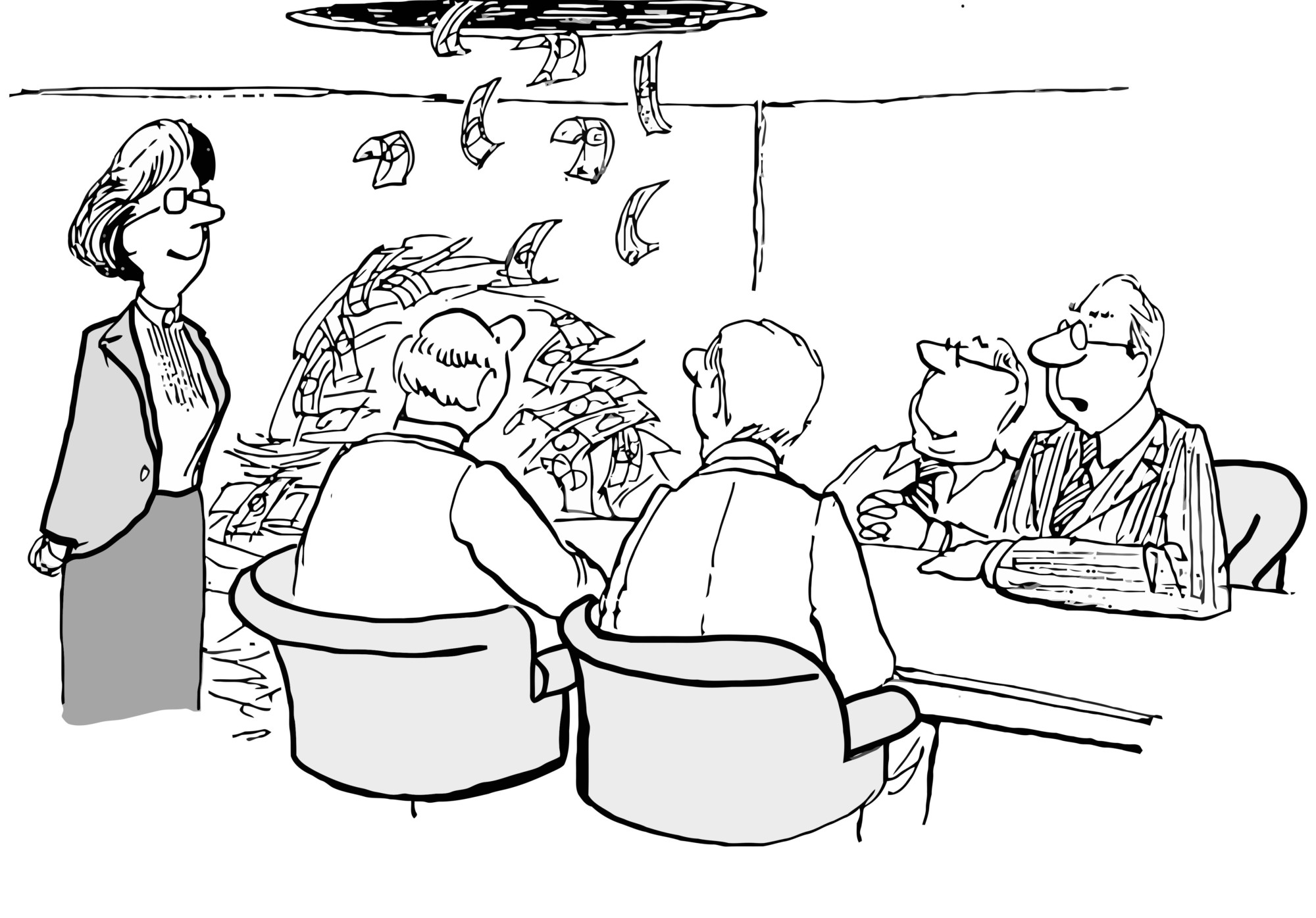Table of Contents Show
Every co-op board in New York City must maintain and preserve the value of their cooperative. Part of the co-op board’s process is the operating budget determining monthly maintenance charges required from each shareholder, typically used for building maintenance in the upcoming year. Additionally, the co-op board will evaluate and set aside a reserve fund. The co-op’s “rainy day” money is the reserve fund, funds used for expected and unexpected repairs when needed.
Understanding the importance of a building’s reserve fund will be critical for anyone looking to buy an NYC co-op apartment. Without it, the co-op risks falling into disrepair and losing value, adversely impacting all shareholders.
Developing a Reserve FundDeveloping a Reserve Fund
A reserve fund, also known as a capital budget, aims to project significant repair and replacement costs. The best funds should look as far ahead as possible, say, five years. This is not as hard as it might appear. Regular maintenance for structural elements like roofs, balconies, elevators, and the exterior façade is required every few years. Assuming a significant issue doesn’t go unnoticed for years, the costs of these repairs can be predictable and manageable.
That said, every building will be different. Relying on a reserve fund to cover the next 3-6 months can be a recipe for disaster. Instead, they should have a detailed analysis of the building to determine all potential problems, now and in the future. This can be done through the building’s maintenance staff but is best done by a professional architect or engineer. A detailed cost analysis needs to be carried out in conjunction with this.
Financial AnalysisFinancial Analysis
Once a better picture of the building’s current state begins to appear, the board can perform a financial analysis to estimate the costs of repairs. As with the operating budget, the board should conduct a financial analysis annually to consider the last capital budget and any changes made. The best-run co-ops will have a more than adequate reserve to cover any major repairs and improvements. When there are inadequate reserves, the building’s value will suffer, making it more difficult for shareholders to sell their units.
The board will also have a responsibility to increase the value of the building. The co-op can do this through an investment strategy that uses the reserve fund. However, this is not the time to speculate or aim for overly ambitious projects. As the custodians of the reserve fund, the board has to ensure all investments are safe and liquid and come with maximum returns. Most boards achieve this by investing the reserve funds in money market accounts, certificates of deposit (CDs), and treasury bonds. The co-op board’s investment strategy can and should be amended over time to align with market conditions and the interest rate environment.
Dealing with a Major Capital repairDealing with a Major Capital repair
Now and then, a significant repair or replacement issue might raise its ugly head. Co-op boards typically have three options to raise emergency funds to deal with this. They can refinance the underlying permanent mortgage, secure a line of credit against the building or charge an assessment to the shareholders. A board’s option depends on the economic situation they find themselves in. If an evaluation of the shareholders proves too costly or unpopular, financing would be prudent. However, this will come with costs in higher monthly maintenance charges for the residents. It will be up to each board to decide the best approach.
Doing Your Due Diligence When Purchasing a Co-opDoing Your Due Diligence When Purchasing a Co-op
Anyone buying in New York City knows the importance of doing their due diligence. Here, it’s “buyer-beware” territory, and if there’s an issue with a unit or the building itself, it is on you to find it. Fortunately, this is one of the areas that makes having a reasonable real estate attorney pay for itself. Their job will uncover any problems, looking into the building’s finances, reserve funds, and board minutes. Much of this information can gleam from the building’s financial statements, providing intel about the building’s underlying mortgage.
Keep in mind co-op financial statements only come out once a year, and if you buy an apartment early in the year, you may not have access to their most recent statement until May or June. You should consult the board minutes to get around this and find more information to supplement the financial reports. This is the best method for determining the current state and what the board has on the agenda.
Building management can confirm essential details like the monthly maintenance, the number of shares for the unit, percentage of tax deductibility, current reserve fund, maintenance history, and plans. Even that may not be enough if essential details are missing from the minutes or the board does not meet monthly. Your attorney can send a detailed questionnaire to the building’s managing agent as the last recourse.
This ensures that the co-op building you buy into is well managed with an adequate reserve fund, with no surprise assessments.
Final ThoughtsFinal Thoughts
Reserve funds are a critical part of every co-op’s financials. You really cannot be too careful with something like this. It is in every buyer’s best interest to know the state of a building before buying. Even once you have closed your co-op apartment, keep abreast of the building’s finances by examining each year’s financial statement, operating budget, and capital budget.

